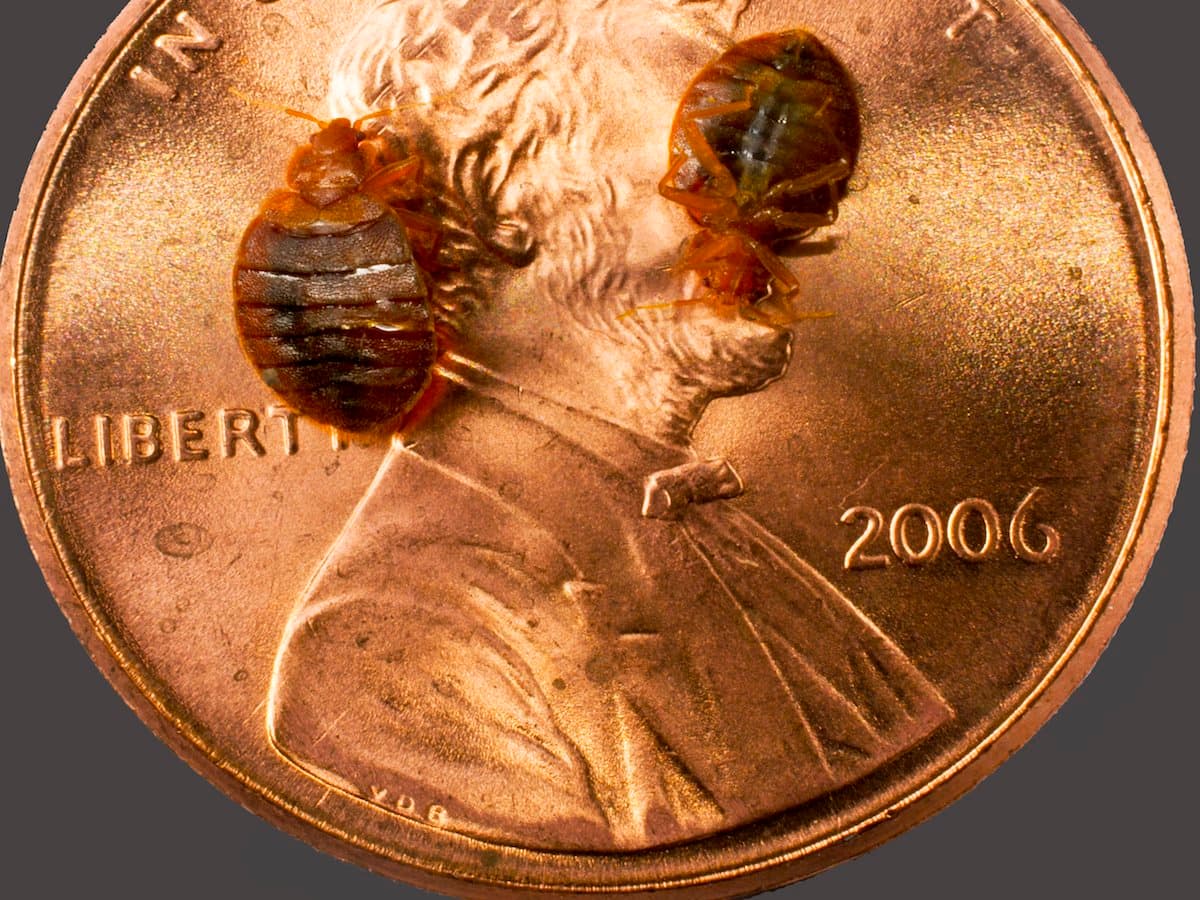Specialist A1 Bed Bug Exterminator in Houston - Reliable Solutions
Specialist A1 Bed Bug Exterminator in Houston - Reliable Solutions
Blog Article
Comprehending the Lifecycle of Parasites for Targeted Control Approaches
Comprehending the lifecycle of insects is a basic aspect of effective insect management techniques. With a deeper understanding of how insects advance and flourish, tailored control methods can be designed to deal with particular points in their lifecycle, ultimately leading to even more effective bug management outcomes.
Importance of Recognizing Bug Lifecycle
Comprehending the lifecycle of bugs is crucial for developing efficient and targeted control strategies in parasite administration. By comprehending the different phases an insect goes through from egg to grownup, bug control experts can determine weak spots in the lifecycle where intervention can be most effective. Recognizing when larvae are most active can help identify the optimal timing for using larvicides. In addition, comprehending the lifespan of a bug varieties can aid in predicting population development patterns and prospective infestation risks.
Furthermore, acknowledging the specific environmental conditions essential for each and every stage of the parasite's lifecycle can assist decisions on habitat alteration or exclusion methods to decrease and interrupt the lifecycle pest populations. This knowledge makes it possible for pest monitoring specialists to carry out aggressive actions rather than depending exclusively on responsive therapies, causing even more long-term and lasting insect control solutions. Ultimately, a detailed understanding of insect lifecycles encourages bug control professionals to customize their strategies efficiently, optimizing and lessening ecological impacts control end results.
Secret Phases in Insect Growth
To successfully apply targeted control approaches in pest management, an important element exists in adequately recognizing and recognizing the vital phases in pest development. Pest development generally consists of several essential stages that are essential for their lifecycle and administration.

Vulnerabilities in Bug Lifecycle
Throughout the numerous stages of a pest's lifecycle, distinct susceptabilities emerge that can be strategically targeted for effective control actions (A1 Bed Bug treatment houston). One important susceptability lies in the egg phase, where parasites are typically a lot more vulnerable to specific insecticides or biological control representatives due to their soft external shell, making them much easier targets for treatment. Understanding these vulnerabilities in the parasite lifecycle is vital for establishing reliable and exact control approaches that properly manage pest populations while lessening ecological influence.
Implementing Targeted Control Measures

Carrying out targeted control procedures commonly includes a multi-faceted approach. This may include habitat modification to make the setting much less friendly to pests, such as eliminating standing water for mosquito control or securing entrance factors for rodents. In addition, biological control approaches can be utilized, where all-natural predators or pathogens are introduced to keep bug populaces in check.
Integrated Pest Management (IPM) techniques that combine various control measures in a worked with and sustainable way are usually the most efficient in A1 bed bug removal houston accomplishing long-lasting insect management goals. By applying targeted control actions based on a comprehensive understanding of bug lifecycles, parasite populaces can be properly managed while decreasing dangers to human wellness and the setting.
Improved Insect Management Practices

Additionally, the incorporation of biological control representatives, such as natural killers or virus of pests, can help lower dependence on chemical pesticides and promote a more balanced environment. Executing physical barriers and catches can also belong to boosted parasite monitoring practices, supplying non-toxic and targeted solutions for pest control. In addition, using pheromones and various other semiochemicals can disrupt pest mating patterns and communication, leading to lowered bug populaces with time.
Final Thought
By identifying key phases in parasite growth and vulnerabilities in their lifecycle, targeted control measures can be carried out to lessen parasite populations. Enhanced insect monitoring practices can aid decrease the reliance on broad-spectrum chemicals and advertise even more ecologically friendly and lasting insect control techniques.
Recognizing the lifecycle of parasites is essential for developing efficient and targeted control methods in pest monitoring. By understanding the various phases an insect goes through from egg to adult, insect control professionals can identify prone factors in the lifecycle where intervention can be most effective. Eventually, a comprehensive understanding of bug lifecycles equips insect control experts to customize their strategies successfully, minimizing ecological influences and taking full advantage of control end results.
By executing targeted control steps based on an extensive understanding of bug lifecycles, insect populations can be efficiently controlled while lessening threats to human health and the environment.
By determining essential stages in bug growth and vulnerabilities in their lifecycle, targeted control steps can be executed to decrease insect populations.
Report this page